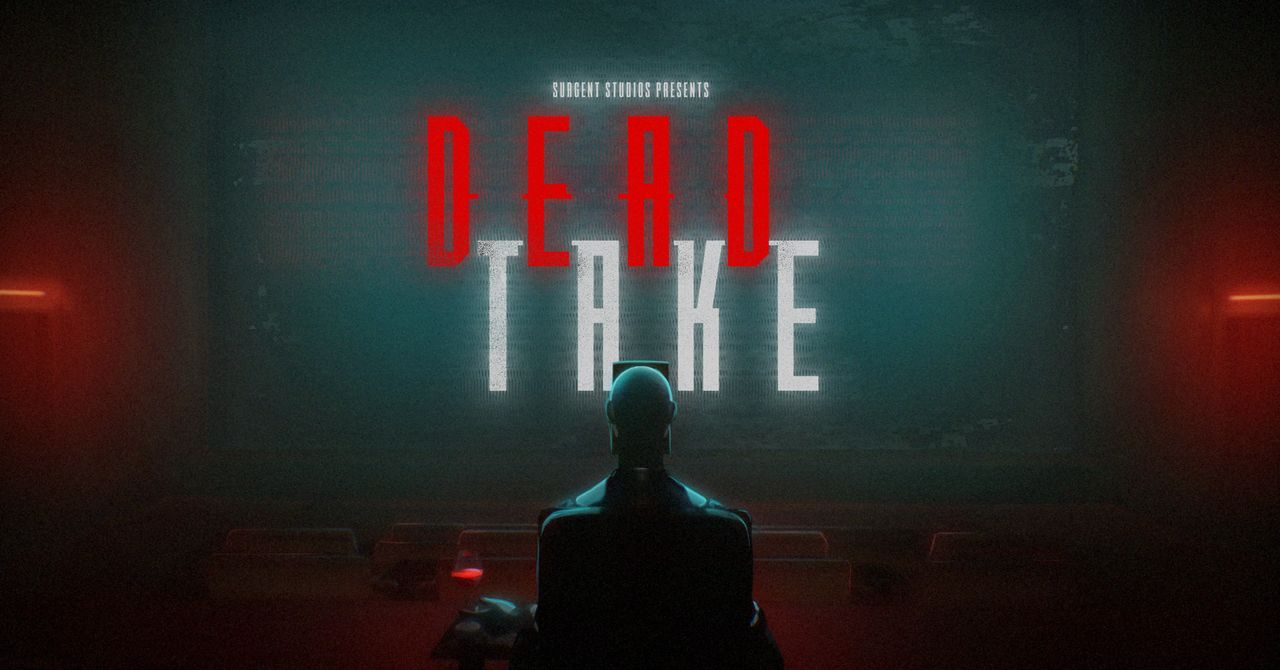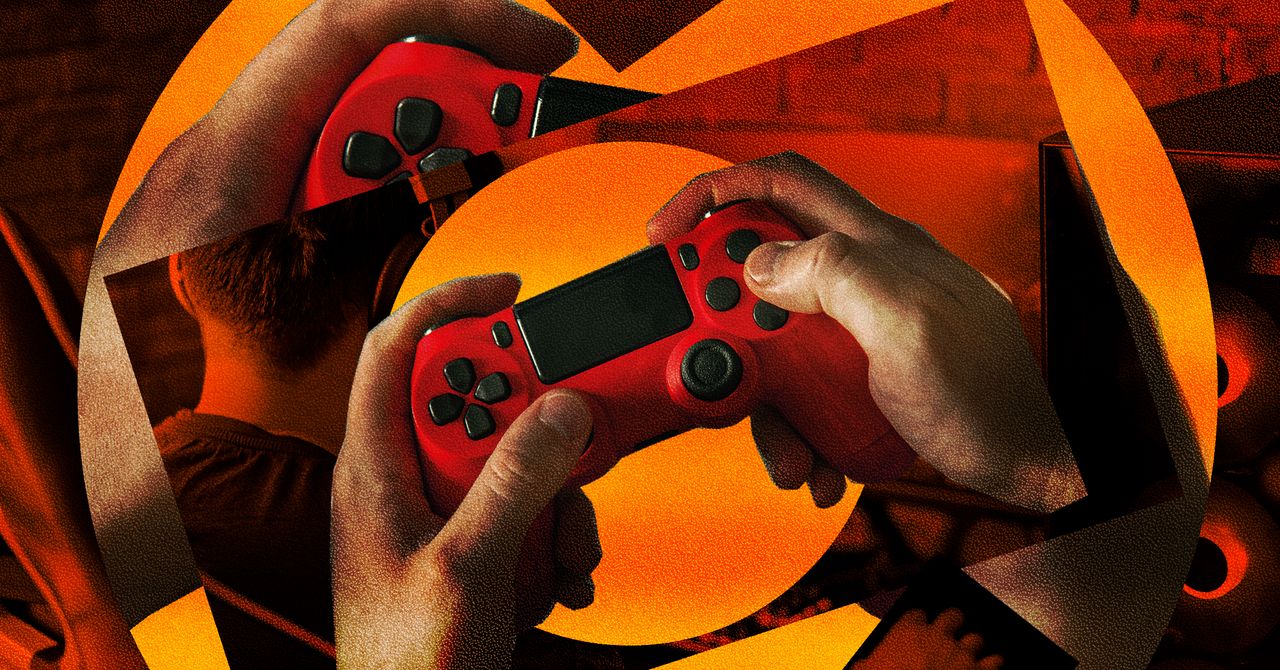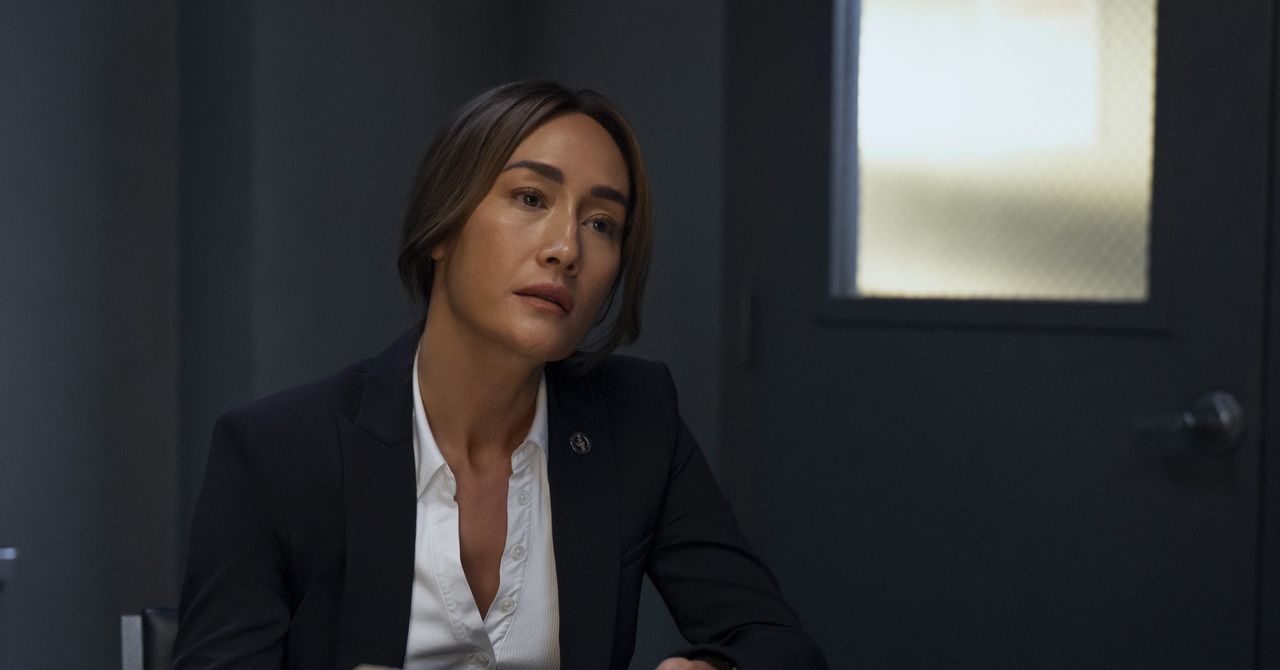‘House of the Dragon’ Actor Exposes Hollywood in New Horror Game

Abubakar Salim, widely recognized for his performances as Alyn of Hull in House of the Dragon and Father in Raised By Wolves, is channeling his frustrations with Hollywood into his latest video game endeavor. In an industry rife with issues like long hours, job scarcity, power abuse, and the accelerated integration of artificial intelligence, Salim’s new game, Dead Take, seeks to bring these problems to light through an immersive horror experience.
Dead Take stands in stark contrast to Salim’s first game, Tales of Kenzera: Zau, which was centered around a heartfelt narrative on grief. Now, turning his focus to a psychological thriller set in a sinister Hollywood mansion, the game puts players in the shoes of Chase, a struggling actor whose friend, Vinny, has mysteriously disappeared. To uncover the truth, Chase infiltrates the home of top director Duke Cain, leading to an intricate escape room-style gameplay filled with puzzles and secrets about the director's past—including a haunting array of personal failings.
Salim describes the process of creating the game as a form of exorcism, allowing him to vent and critique the pervasive abuse within the entertainment industry. Dead Take tackles real-life scandals and power dynamics, presenting scenarios akin to the MeToo movement and the ruthless competitiveness fostered by tyrannical directors. Through collected in-game documents, like emails and notes, players piece together narratives of exploitation.
The game incorporates unique storytelling mechanics using real-life footage of its actors on flash drives found within Duke's mansion. Notably, its use of full-motion video departs from common animation techniques, drawing comparisons to other successful titles utilizing similar approaches.
Additionally, Salim voices his concerns about the adverse uses of AI within the creative sector. He highlights the dangers of digital manipulation, emphasizing the potential damage AI-generated content can do to personal and professional identities, underscoring a fear echoed in the ongoing cases of actors like Pedro Pascal.
Despite recognizing AI's capabilities in enhancing technical efficiencies, Salim remains wary of its implications, particularly how it might homogenize content and diminish artistic individuality in entertainment.


